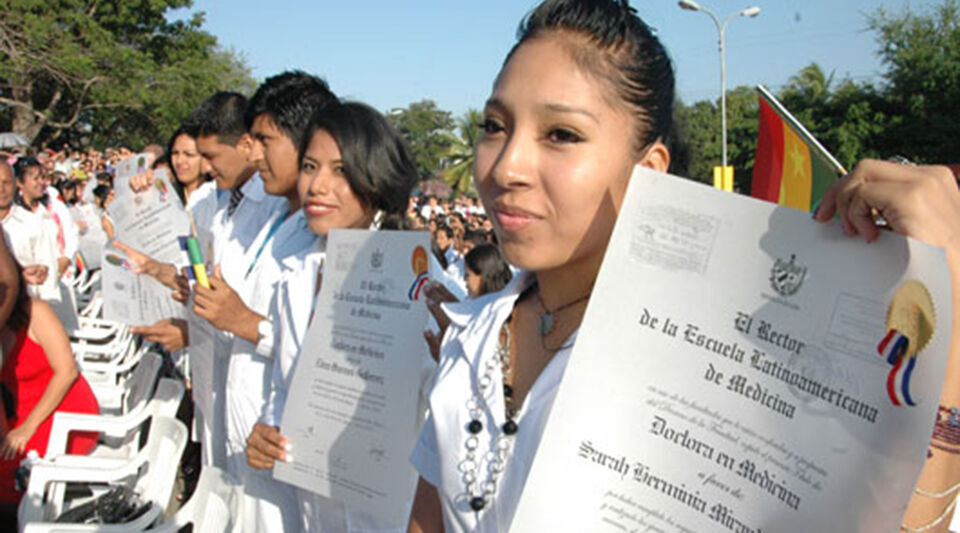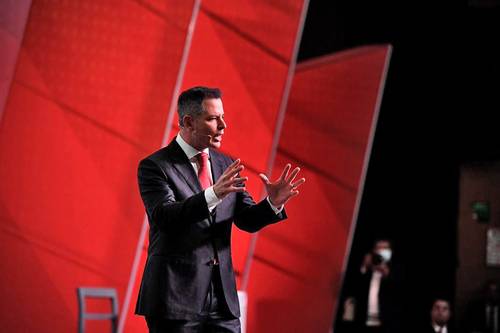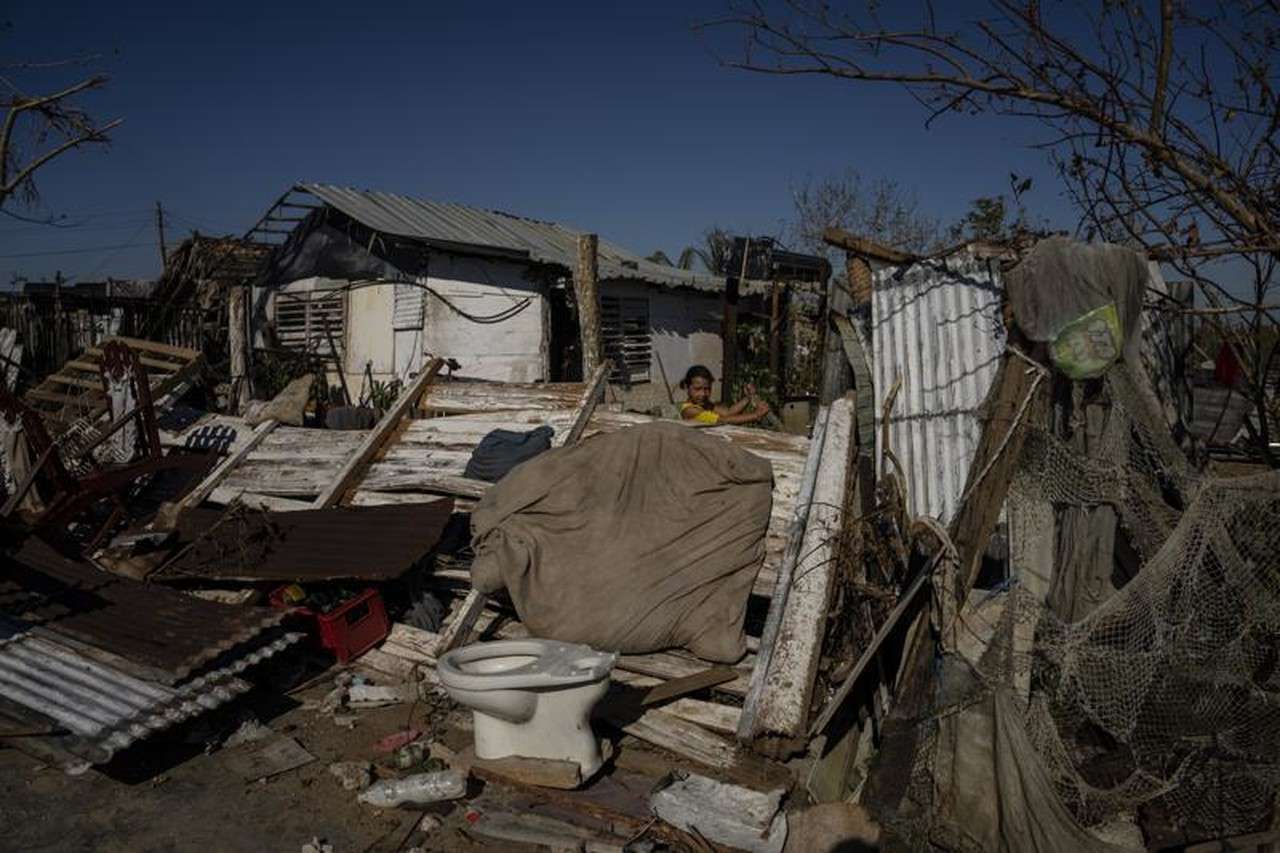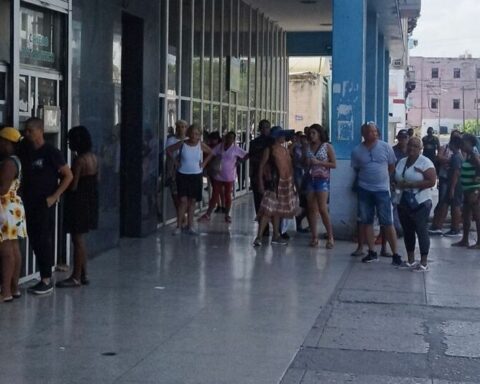The 5,000 medical scholarships that Cuba advertised in 2015 as a donation to Bolivia cost the Evo Morales government millions of dollars. The Island charged for “the enrollment of each student, annual course, accommodation, food, transportation, medical insurance and even student clothing,” unveiled a report of Duty.
In Annex Table IV of the confidential report to which the Bolivian media had access, it is indicated that the Island received 1.5 million dollars as payment for the accommodation and food of the students, as well as 17,000 dollars per year for individual course and other $1,000 per registration.
The information that was corroborated by the Foundation for Human Rights in Cuba confirms that the Morales government signed agreements, but “not to receive donations or benefit from the execution of programs, but to help economically” the island.
The granting of 5,000 scholarships was part of the 11 points signed by Presidents Evo Morales and Fidel Castro on December 30, 2005.
The granting of 5,000 scholarships was part of the 11 points signed by Presidents Evo Morales and Fidel Castro on December 30, 2005
A decade later, on September 6, 2015, the then Cuban ambassador to Bolivia, Benigno Pérez Fernández, on behalf of Roberto Morales Ojeda, Minister of Public Health, and the former Bolivian health minister, Ariana Campero Nava, granted the agree the character of “confidential”.
Bolivia and Cuba undertook “not to disclose, disseminate or make public any information exchanged between them or to which they have access during the execution of this agreement, provided that such information is not in the public domain and unless required by law or mutual agreement between them “.
The program had already been evidenced in 2012. The Executive Committee of the Bolivian University denounced that part of this group of scholarship holders who “graduated” on the Island, which did not add up to more than 1,600, “did not take even 70% of the subjects principals required by the Bolivian academic system”, public Radio and Television Marti.
The Bolivian University affirmed that the graduates on the Island not only did not meet the “minimum requirements to exercise their profession” but that despite this, the Evo Morales Government gave some of them work.
The then Bolivian Minister of Health, Juan Carlos Calvimontes, argued that the positions granted to health workers trained in Cuba occupied positions that Bolivian doctors did not want to fill.
Calvimontes confirmed that of the 5,000 scholarship students since 2006, the majority covered studies for six and a half years. Others, without specifying how many, completed one more year of compulsory social service on the Island and six more months in Bolivia.
Controversy has accompanied Bolivia’s relationship with Cuba. The Bolivian Prosecutor’s Office arrested in January 2020 and accused of corruption Charles of the Rockwho acted as national coordinator of the Health program of the Government of former President Evo Morales, for alleged uneconomic conduct, breach of duties and aggravated robbery.
After the scandal, the Bolivian Medical College requested an investigation into the funds that the Morales government allocated to hiring doctors on the island. “We are discovering the waste of state money deposited in private accounts to, supposedly, pay Cubans , when these resources should be in a fiscal account,” said the president of the Medical College of La Paz, Luis Larrea.
Cuba withdrew more than 700 “cooperatives” that it had in that country after Evo Morales left power. And after leaving, data began to emerge: Only 205 of the 702 Cubans who were in the medical mission in Bolivia had a doctor’s degree, according to the Andean country’s Minister of Health, Aníbal Cruz. Most were technicians or drivers.
________________________
Collaborate with our work:
The team of 14ymedio is committed to doing serious journalism that reflects the reality of deep Cuba. Thank you for joining us on this long road. We invite you to continue supporting us, but this time becoming a member of our journal. Together we can continue transforming journalism in Cuba.








